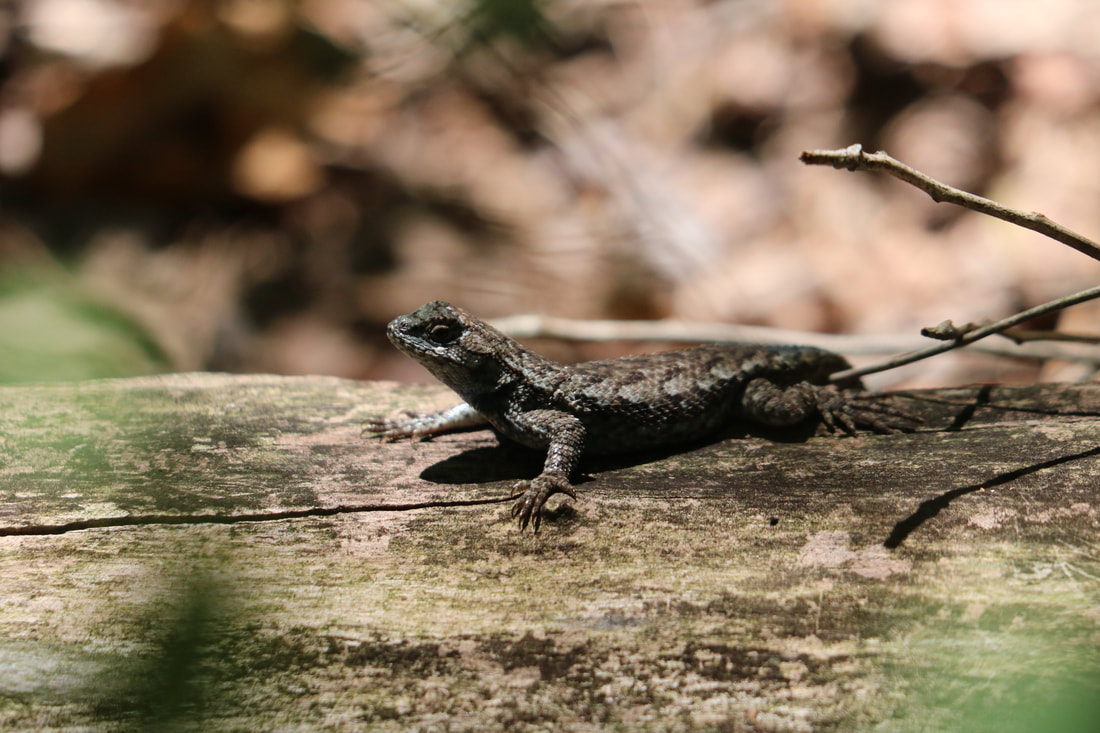Poems can stop bulldozers.
John Kinsella
Poetry Foundation
http://www.poetryfoundation.org, and in Poetry, December, 2009
For me, poetry has no point in existing if it’s not to be a prompt or aid to political and ethical change. This is not to say that a poem should be political or ethical instruction, but rather that it might engender a dialogue between the poem itself and the reader / listener, between itself and other poems and texts and between all of these and a broader public (whatever that might be). I see myself as a poet activist – every time I write a poem, it is an act of resistance to the state, the myriad hierarchies of control, and the human urge to conquer our natural surroundings.
Though this quotation sums up Kinsella’s argument, it is not the point of departure for his essay. He begins with a description of a trip to town, “the shire,” in his native Australia. From that description he abruptly transitions to gunshots fired outside his house the previous Friday night. Fox hunters have crossed the public land of a refuge and intruded onto his private property in search of their quarry. When he attempts to intervene, a shot is fired in his direction and he summons the police, feeling his family is in danger. He bitterly observes that these sportsmen are likely staunch defenders of private property rights which they have now violated.
Kinsella then describes a Saturday trip to the shire where again shots ring out. This time, a group is shooting corellas, a species of cockatoo that have congregated in the town’s trees and are considered a nuisance.
Through the point and counterpoint of these descriptions he weaves his own story as one trained in the sciences, living on the land outside the town, and carefully constructing poems as a response to the world around him. His poems though, go further than describing and responding to the world around him. They are calls to action. In his words, he is …resisting through poetry the industry of pleasure and control that comes from hunting and exploitation of the environment, I am, also, I believe, writing the survival and liberty of animals (including humans).

 RSS Feed
RSS Feed